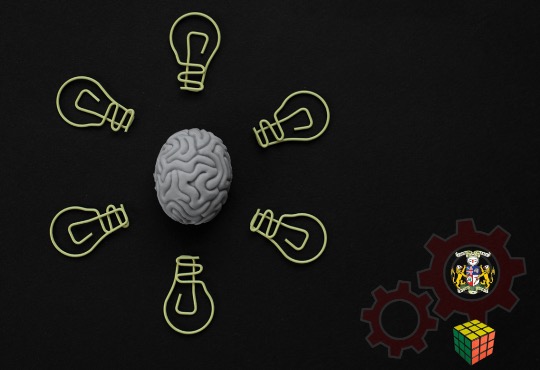5 March 2023
Content:
I. Introduction. What is the cure for human biases?
II. A real-life example
III. Some practical tools to make better decisions
IV. Outstanding questions
V. Conclusion
II. A real-life example
III. Some practical tools to make better decisions
IV. Outstanding questions
V. Conclusion
Introduction. What is the cure for human biases?
Long-term readers of my blog probably know that I have a strong interest in decision-making. Behaviour finance has made people aware of how human biases lead to poor decisions in investing. Typical biases that lead to poor results are now well-known.
These biases include loss aversion (sell winners too early while keeping losers for too long), overconfidence (70% of drivers believe they are above-average drivers, which leads to excessive risk-taking and too fast decisions), short-term focus and recency bias (selling during the crisis and buying during boom times), confirmation bias (seeking facts that prove your point rather than looking how you can wrong), anchoring ('the stock was above $100 just a year ago, it cannot trade that low for long'), authority bias (we rarely question grey-haired experts in suits and glasses), narrative bias (we can be easily convinced by a coherent story rather than by a series of random, unrelated facts) and a few more.
However, only some incorporate this knowledge in their investment process. Perhaps, this is not surprising given that the top minds in this field often have been more interested in uncovering flaws in our judgement rather than in correcting them. As Noble prize winner, Daniel Kahneman once said, being aware of biases should improve your decisions.
In a different interview, Kahneman surprisingly admitted that his studies might help organisations but have little impact on individuals. Here is an excerpt:
These biases include loss aversion (sell winners too early while keeping losers for too long), overconfidence (70% of drivers believe they are above-average drivers, which leads to excessive risk-taking and too fast decisions), short-term focus and recency bias (selling during the crisis and buying during boom times), confirmation bias (seeking facts that prove your point rather than looking how you can wrong), anchoring ('the stock was above $100 just a year ago, it cannot trade that low for long'), authority bias (we rarely question grey-haired experts in suits and glasses), narrative bias (we can be easily convinced by a coherent story rather than by a series of random, unrelated facts) and a few more.
However, only some incorporate this knowledge in their investment process. Perhaps, this is not surprising given that the top minds in this field often have been more interested in uncovering flaws in our judgement rather than in correcting them. As Noble prize winner, Daniel Kahneman once said, being aware of biases should improve your decisions.
In a different interview, Kahneman surprisingly admitted that his studies might help organisations but have little impact on individuals. Here is an excerpt:
"Q: You have people in this room who make many important, consequential decisions every day. We are going to do a little self-help here. How do they improve their own decisions?
Kahneman: When you talk to an individual, I refuse to answer that question. Because of how little studying this problem has done for the quality of my decisions.
Q: You don't think you make better decisions after the last thirty years?
Kahneman: No."
In a series of lectures during 1992-95, the investment legend Charlie Munger famously summarised 25 biases that affect human judgements. Many investors refer to his summary as the source for better decisions.
However, more than just knowing them is required to apply this knowledge in real life. Moreover, what practical steps you should take to achieve better investment results is not entirely apparent.
However, more than just knowing them is required to apply this knowledge in real life. Moreover, what practical steps you should take to achieve better investment results is not entirely apparent.



